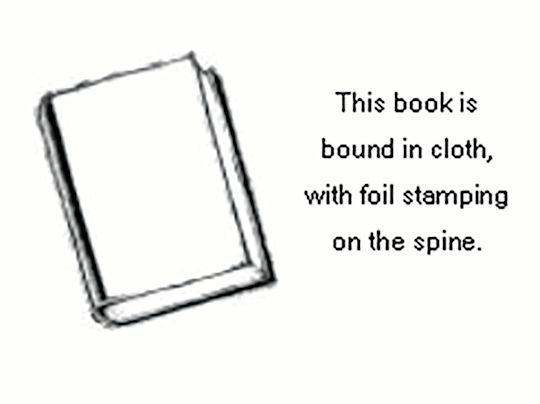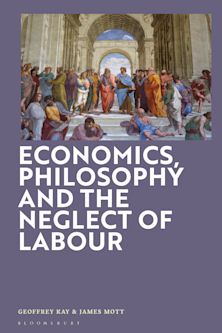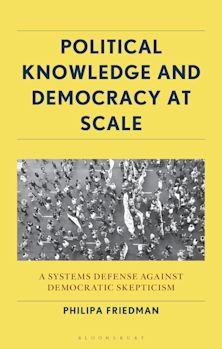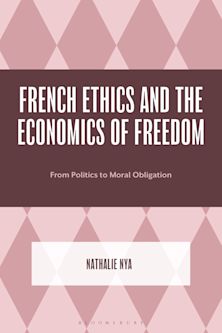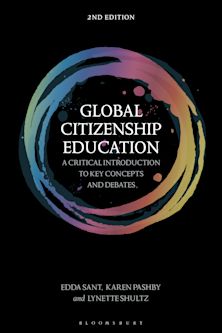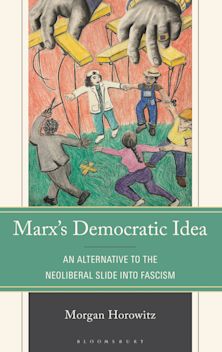- Home
- ACADEMIC
- Philosophy
- Social and Political Philosophy
- Edmund Burke
For information on how we process your data, read our Privacy Policy
Thank you. We will email you when this book is available to order
You must sign in to add this item to your wishlist. Please sign in or create an account
Description
Edmund Burke: Modernity, Politics, and Aesthetics examines the philosophy of Burke in view of its contribution to our understanding of modernity. Burke's relevance, until recently, has lain in how his critique of the French Revolution bolstered arguments against revolutionary communism. As that threat recedes, should we allow Burke's significance to recede as well? Stephen K. White argues that Burke remains important because he shows us how modernity engenders an implicit forgetfulness of human finitude. White illustrates this theme by showing how Burke's political thought, his judgment of the "modern system of morality and policy," and its taste for a "false sublime" are structured by his aesthetics. In the late 20th century, an undemocratic thinker such as Burke may not have answers to our problems, but we might do well to let him deepen the questions that we ask.
Table of Contents
Chapter 2 The Sublime, the Beautiful, and the Political
Chapter 3 Interpreting the Political World
Chapter 4 Confronting the French Revolution
Chapter 5 Conclusion
Product details
| Published | 03 Apr 2002 |
|---|---|
| Format | Ebook (Epub & Mobi) |
| Edition | 1st |
| Extent | 128 |
| ISBN | 9780742577817 |
| Imprint | Rowman & Littlefield Publishers |
| Series | Modernity and Political Thought |
| Publisher | Bloomsbury Publishing |
About the contributors
Reviews
-
This book offers a reading of Burke that wrests him from his typical defenders and detractors in a way that is provocative and profoundly compelling. By illuminating Burke's political reflections through the lens of his aesthetic writings on the sublime, White brilliantly reveals Burke to be a thinker who offers political and ethical insights of great significance for contemporary reflections on the dangers and possibilities of modernity. This is White's most artfully written book, and it further establishes him as one of the freshest theorists writing today. His thinking cuts across the boundaries of pre-modernism, modernism, and post-modernism in ways which offer a perspective that is invaluable for political reflection and usually concealed by less subtle intellects.
Romand Coles, Duke University
-
Excellent ... written from a depth of engagement impossible to fake.
David Bromwich, Yale University, Political Theory
-
White enriches our understanding of how aesthetics came to structure the whole of Burke's critique of modernity.
Linda M. G. Zerilli, Northwestern University, American Political Science Review









